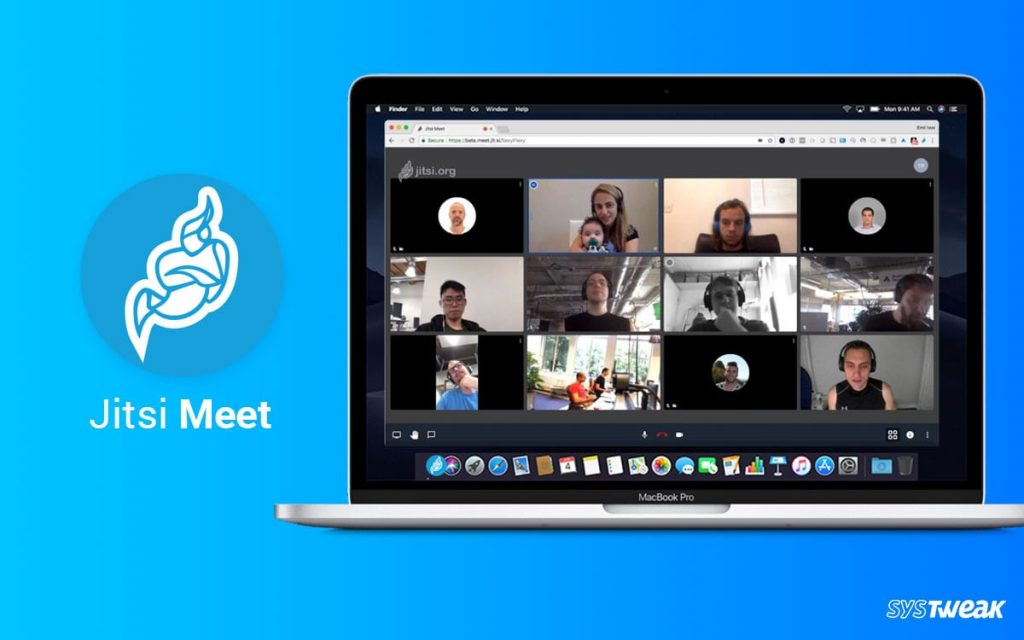
As the demand for remote communication and collaboration continues to soar, platforms like Zoom have become indispensable tools for individuals, businesses, and educators worldwide. However, concerns about privacy, security, and data ownership have prompted many to seek open-source alternatives that offer similar functionality without compromising on transparency and user control. In this article, we’ll explore some of the leading open-source alternatives to Zoom, empowering users to make informed decisions about their online communication needs.
- Jitsi Meet: Jitsi Meet stands out as a fully open-source video conferencing solution that prioritizes security, privacy, and ease of use. Built on WebRTC and compatible with all major web browsers, Jitsi Meet allows users to host and join video meetings with minimal setup and configuration. With features like end-to-end encryption, password protection, and moderator controls, Jitsi Meet offers a secure and reliable platform for online communication. Additionally, Jitsi Meet can be self-hosted, giving users complete control over their data and infrastructure.
- BigBlueButton: Designed specifically for online learning and virtual classrooms, BigBlueButton is an open-source web conferencing system tailored for educational institutions and organizations. Offering features such as real-time polling, breakout rooms, and whiteboard capabilities, BigBlueButton facilitates interactive and engaging online learning experiences. With a focus on accessibility and integration with learning management systems (LMS), BigBlueButton empowers educators to deliver high-quality instruction in a virtual setting while maintaining control over their teaching environment.
- Nextcloud Talk: Nextcloud Talk, part of the Nextcloud ecosystem, is an open-source, self-hosted communication platform that includes video conferencing, chat, and file sharing capabilities. Integrated seamlessly with Nextcloud’s file storage and collaboration tools, Nextcloud Talk offers a unified solution for teams and organizations seeking secure and privacy-focused communication. With end-to-end encryption, screen sharing, and collaborative document editing features, Nextcloud Talk provides a comprehensive platform for remote work and collaboration.
- Jami: Jami is a decentralized and peer-to-peer communication platform that prioritizes privacy and user autonomy. Using a distributed architecture and end-to-end encryption, Jami allows users to make audio and video calls, send messages, and share files securely without relying on centralized servers. With support for cross-platform usage and a commitment to open standards, Jami offers a flexible and secure alternative to proprietary communication platforms like Zoom.
- Matrix and Riot.im: Matrix is an open standard for decentralized communication, offering a protocol for secure, real-time messaging, voice, and video communication. Riot.im is a popular Matrix-based client that provides a user-friendly interface for accessing Matrix-powered communication services. With support for end-to-end encryption, federation, and interoperability with other communication platforms, Matrix and Riot.im offer a compelling open-source alternative to centralized communication services like Zoom.
In conclusion, the rise of open-source alternatives to Zoom reflects a growing demand for transparency, security, and user control in online communication. Whether prioritizing privacy, data ownership, or customization options, users now have a variety of open-source platforms to choose from, each offering unique features and capabilities. By embracing open standards and collaborative development models, these alternatives empower users to communicate and collaborate online with confidence, knowing that their privacy and security are prioritized.